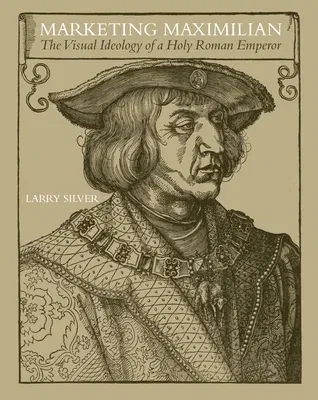Long before the photo op, political rulers were manipulating visual
imagery to cultivate their authority and spread their ideology. Born
just decades after Gutenberg, the Holy Roman Emperor Maximilian I
(1459-1519) was, Larry Silver argues, the first ruler to exploit the
propaganda power of printed images and text. Marketing Maximilian
explores how Maximilian used illustrations and other visual arts to
shape his image, achieve what Max Weber calls "the routinization of
charisma," strengthen the power of the Hapsburg dynasty, and help
establish the Austro-Hungarian Empire. A fascinating study of the
self-fashioning of an early modern ruler who was as much image-maker as
emperor, Marketing Maximilian shows why Maximilian remains one of the
most remarkable, innovative, and self-aggrandizing royal art patrons in
European history.
Silver describes how Maximilian--lacking a real capital or court center,
the ability to tax, and an easily manageable territory--undertook a vast
and expensive visual-media campaign to forward his extravagant claims to
imperial rank, noble blood, perfect virtues, and military success. To
press these claims, Maximilian patronized and often personally
supervised and collaborated with the best printers, craftsmen, and
artists of his time (among them no less than Albrecht Dürer) to plan and
produce illustrated books, medals, heralds, armor, and an ambitious tomb
monument.

